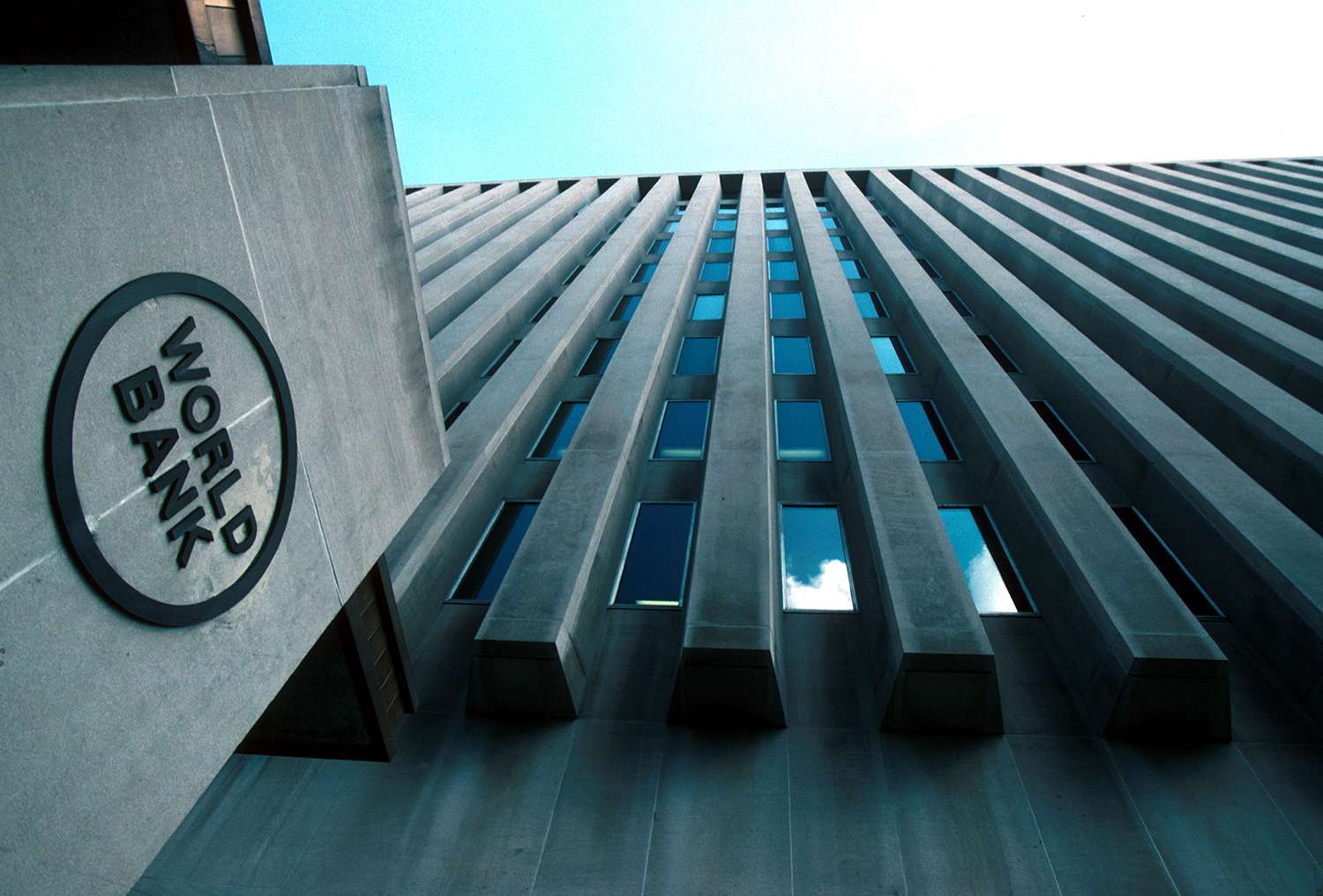Dubai, UAE–The World Bank Group (WBG) on Friday said it will increase the amount it spends annually on climate-related projects to 45 percent of its financing over 2024 to 2025, up from 35 percent now, as part of a policy overhaul to better respond to climate change.
In a statement, the WBG said, “With an ambitious financing package announced at COP28, the World Bank Group is helping people in developing countries better withstand the devastation of climate change and create a better world for their children and grandchildren.”
The World Bank Group is pushing to do more to battle climate change and do it faster, devoting 45 percent of its annual financing to climate-related projects for the fiscal year that runs from July 1, 2024, to June 30, 2025.
This increased ambition is more than just a laudable percentage—it’s putting to work more than $40 billion—around $9 billion more than previously programmed. In 2021, the Bank announced a goal to reach an average of 35 percent by 2025 and is currently ahead of schedule, running at an average of 36.3 percent since July 2022.
In October, the World Bank secured an ambitious—and expanded—mandate to create a world free of poverty on a liveable planet. The new climate pledge is a concrete example of the Bank delivering on that mandate.
In addition to boosting resilience and adaptation among those hardest hit by the effects of climate change, World Bank Group projects also will focus on safeguarding ecosystems and biodiversity to protect the health of people and the planet.
Having pledged to squeeze more from its balance sheet to fund the fight against climate change, the Bank will continue to deliver on adaptation to help countries devastated by climate shocks and on mitigation to help reduce the greenhouse gases contributing to climate change.

